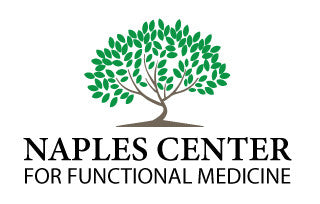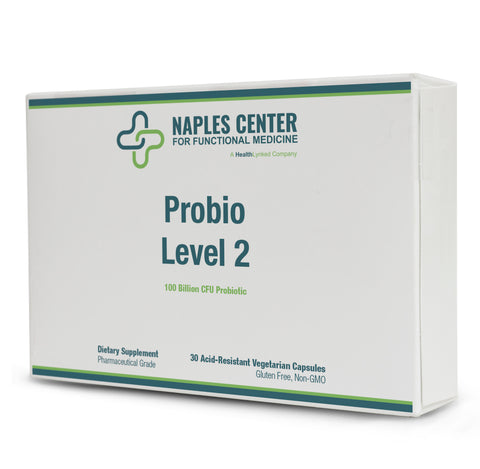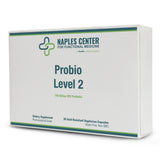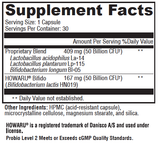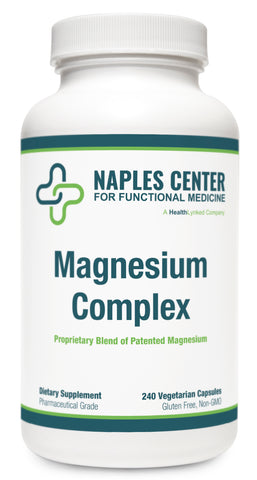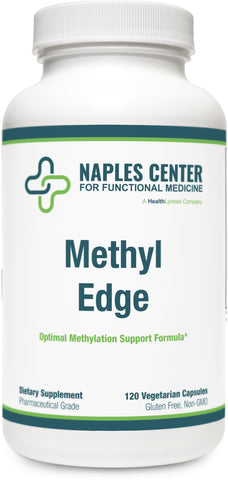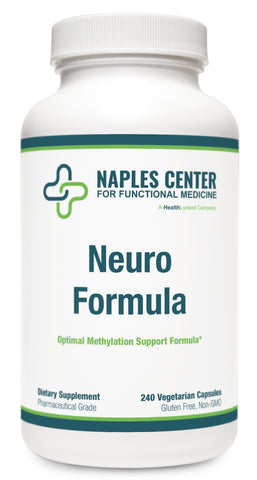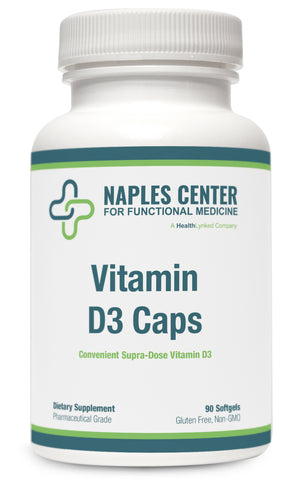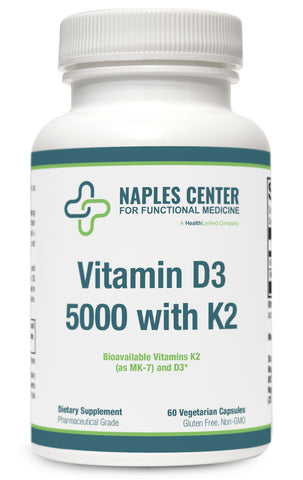Probio Level 2
True Balance Probio Level 2
Comprehensive Support for Gut Ecology*
Probio Level 2 is an ideal combination of ingredients for individuals seeking a well-rounded supplement to address intestinal ecology, cellular health, and immunity. It features well-researched probiotic strains; Saccharomyces boulardii, a non-pathogenic yeast; and arabinogalactan, a prebiotic. By combining these ingredients, the individual benefits of each component can be complemented by the mechanisms of the others.*
Directions
Dissolve the contents of one stick pack in 1–2 oz pure water and consume one to three times daily, or take as directed by your healthcare practitioner.
Consult your healthcare practitioner prior to use. Individuals taking medication should discuss potential interactions with their healthcare practitioner. Do not use if tamper seal is damaged.
Does Not Contain
Wheat, gluten, soy, animal or dairy products, fish, shellfish, peanuts, tree nuts, egg, ingredients derived from genetically modified organisms (GMOs), artificial colors, artificial sweeteners, or preservatives.
Storage
Keep tightly closed in a cool, dry place out of reach of children.
Other Ingredients
Silica.
Applications
- Maintains Healthy Intestinal Microecology, Neutralizes Certain Bacterial Toxins*
- Supports Balance of Healthy Intestinal Flora*
- Supports the Natural Immune Response*
- Supports Bowel Regularity*
- Enhances Integrity of Mucosa and Enzymatic Activity of the Intestinal Cells*
- Positively Affects the Production of Cytokines*
Disclaimer
Discussion
Supplementation with probiotics has many mechanisms of action that benefit health, including but not limited to: (1) supporting metabolic activity, such as the production of short-chain fatty acids and vitamins, nutrient absorption, and digestion of lactose; (2) adhering to intestinal epithelial cells to help maintain a healthy balance of organisms in the intestinal tract; (3) helping to establish populations of good bacteria after disruption in balance; (4) supporting immune function; (5) promoting intestinal epithelial cell survival; (6) supporting healthy bowel function; and (7) degrading oxalates.*[1-8]
HOWARU® (Bifidobacterium lactis HN019) Discovered in 1899, B lactis plays a key role in the human microflora throughout a person’s life. Researchers have identified strain HN019 as having excellent probiotic potential based upon its ability to survive the transit through the human gastrointestinal tract, adhere to epithelial cells, and proliferate.[6] B lactis HN019 has been extensively studied, and its safety and effectiveness is well-accepted.[7,8] To assess the impact of B lactis HN019 supplementation on whole-gut transit time in adults, 100 subjects were given daily doses for 14 days of 17.2 billion colonyforming units (CFU), 1.8 billion CFU, or placebo. Decreases in mean whole-gut transit time over the 14-day study period were statistically significant in the high-dose group and the low-dose group, but not in the placebo group.[8] This level of dosing also supported other parameters of healthy GI function, as were self-reported by patient survey.[8] In another study of preschool-age children, supplementing milk for one year with 1.9 x 10 CFU per day B lactis HN019 and 2.4 g/day of prebiotic oligosaccharides supported both healthy iron status and weight gain.[9] In a randomized, double-blind, placebocontrolled human dietary intervention study in elderly subjects (>60 yrs.), supplementary B lactis HN019 resulted in statistically significant increases in the beneficial organisms bifidobacteria and lactobacilli.*[10]
Lactobacillus acidophilus (Lactobacillus acidophilus La-14) This common inhabitant of the human mouth, intestinal tract, and vagina is also found in some traditional fermented milks (e.g., kefir) and is widely used in probiotic foods and supplements. It has a history of safe human consumption. The L acidophilus La-14 strain is of human origin and has been identified as a type A1 L acidophilus. L acidophilus shows excellent adhesion to human epithelial cell-lines.*[11,12]
Lactobacillus plantarum (Lactobacillus plantarum Lp-115) This bacteria was isolated from plant material and is abundantly present in lactic acid-fermented foods, such as olives and sauerkraut. In vitro studies have shown that L plantarum strain Lp-115 has excellent adhesion to epithelial cell lines.[13] In addition, L plantarum is resistant to low pH conditions and survives the presence of bile at duodenal concentrations.*[13,14]
Bifidobacterium longum (Bifidobacterium longum B1-05) The B longum Bl-05 strain is well-accepted as safe for human consumption. B longum is resistant to low pH and bile salts and is well-suited to the intestinal environment.*[14]
Saccharomyces boulardii is a natural, non-pathogenic yeast that has been shown to maintain and restore the healthy ecology of the small and large intestines. In a 2010 systematic review and meta-analysis of 31 randomized placebo-controlled treatment arms in 27 trials (encompassing 5,029 adult study patients), S boulardii was found to be significantly efficacious and safe in 84% of those treatments arms. Extensively researched and published in European and American peerreviewed journals, S boulardii has demonstrated multiple mechanisms of action. These can be found by referring to DRS-109, which details True Balance’s Saccharomycin DF™. The S boulardii used in this formula is processed by low temperature vacuum drying for improved stability.*[15-17]
True Balance has also included the prebiotic Arabinogalactan in ProbioMax Plus DF. Present in many plants, arabinogalactan is a nondigestible, soluble dietary fiber that contains the monosaccharides galactose and arabinose. The generally recognized as safe (GRAS) source of arabinogalactan in this formula is the larch tree. In addition to its involvement in cellular communication and possession of immune-supporting properties, arabinogalactan minimizes ammonia synthesis and absorption, enhances production of shortchain fatty acids, and favorably alters gut microflora.*
We Also Recommend
